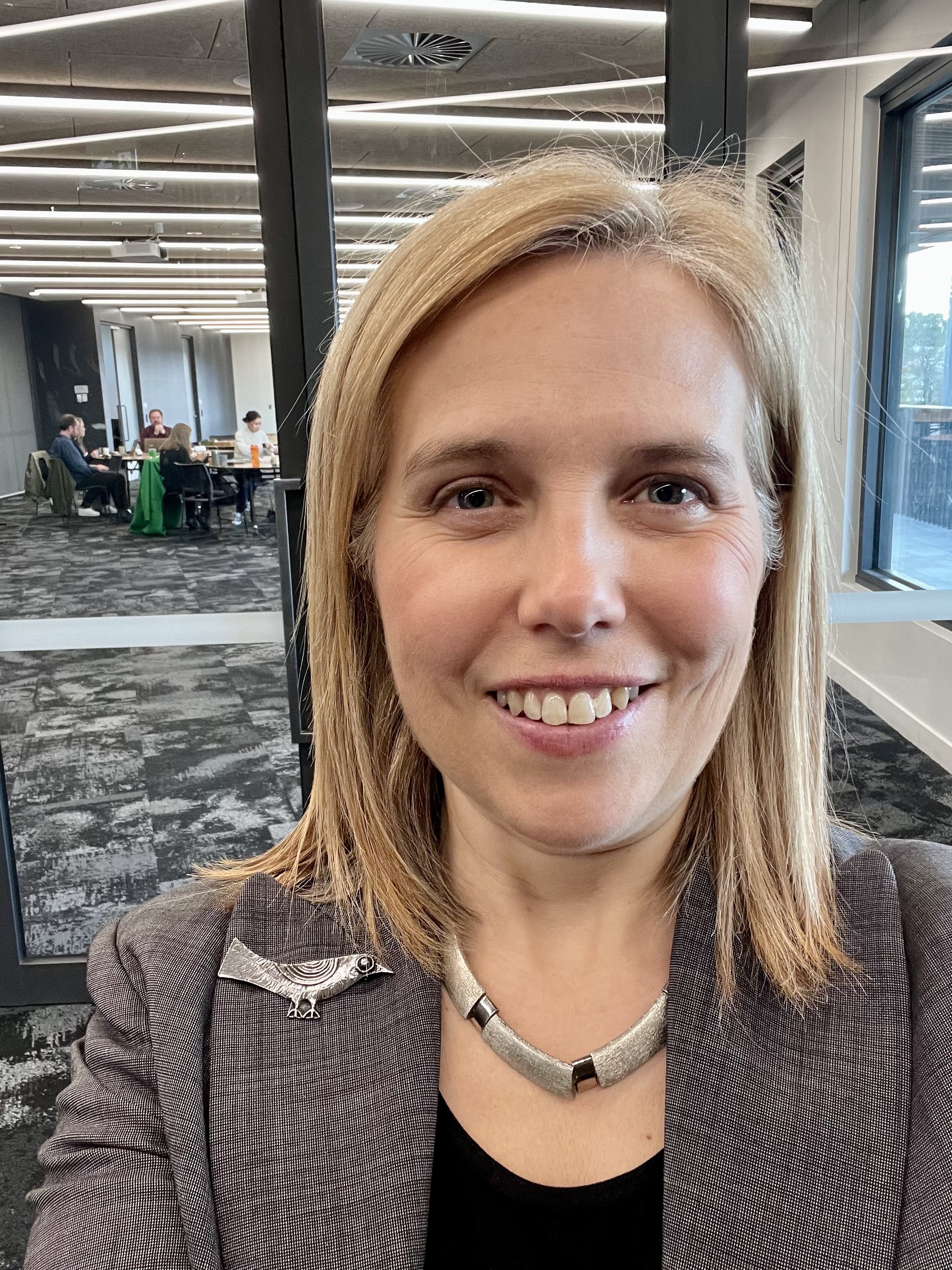Focus is the New Superpower: Why Clear-Minded Leaders Outperform in Complex Environments
Reclaim focus amid the noise in a distracted world
“The ability to simplify means to eliminate the unnecessary so that the necessary may speak.”
Lately, I’ve found myself drawn to the news more than usual — the kind of world events unfolding feel big, consequential, and potentially close to home. I want to stay aware, especially when it feels like what’s out there could ripple into my own life.
I’ve always been curious about what’s happening in the world — but I’ve also come to understand, particularly as the global COVID-19 Pandemic wore on, that over-consuming news doesn’t serve me. It chips away at my equilibrium and clouds my leadership lens.
Here’s the truth I’ve come to learn: more information doesn’t equal more certainty. And it definitely doesn’t make you a more effective leader.
In fact, it can do the opposite.
News makes us anxious
Research published in Health Communication found that news overload affects emotional regulation and clarity of thought. The American Psychological Association reports that those who 'doomscroll' — constantly consuming negative news — actually feel less in control, not more. The leadership cost? Heightened anxiety, restless nights, and decision fatigue.
This doesn’t mean we should switch off entirely. In leadership roles, staying informed is part of the job. We need to understand policy changes, shifts in our sectors, and emerging risks.
But constant connection isn’t the answer. In fact, it can reduce our ability to make thoughtful decisions — especially in a world where clarity and adaptability are more valuable than ever.
How do you strike a balance?
If knowing what is happening in the external context is part of your role, how do you strike the balance?
This is where adaptive stability comes in — a skillset that keeps your leadership steady under pressure, without spiralling into reactivity.
When your mind is overloaded, foresight, strategy and calm decision-making slip through the cracks. But when you manage what comes in, you stay centred — focused on long-term impact rather than short-term noise.
Here’s what that looks like in practice:
Not all information is equal. Set boundaries - time blocks for news, curate trusted sources, and prioritise briefings and summaries over endless scrolls. This way, you’re absorbing essential updates. Discipline here protects your calm core.
Look for patterns, not panic. Adaptive leaders don’t chase every headline. They lead from principle, scanning for signals that impact long-term direction. That requires perspective, not hyper-vigilance.
Guard your focus like a strategic asset. Watching my son draw with sustained concentration reminded me: deep focus is possible, even in a noisy world. For leaders, that level of absorption fuels high-quality decisions.
MIT neuroscientist Earl Miller reminds us that the brain can only hold one or two conscious thoughts at a time. Constant toggling — between alerts, emails, and meetings — drains energy and blurs thinking. In leadership, this shows up as delayed decisions, scattered communication, and rising stress.
As Johann Hari observed in his book, Stolen Focus, researchers at Carnegie Mellon found that people disrupted by text messages performed 20% worse on problem-solving tasks.
To lead effectively, especially in complexity, you need space — mental, emotional, and strategic. Without it, creativity stalls. Foresight disappears. We feel pressure to sound certain, even when we aren’t.
Resilient Mind in a Distracted World
Here are some ideas on how to reclaim the space we need to lead:
Set Clear Priorities: Let your goals define what gets your attention. If it doesn’t move the mission, let it go.
Use Boundaries, Not Just Willpower: Turn off non-essential notifications. Schedule news or social media checks rather than letting them interrupt your flow.
Filter Ruthlessly: Rely on curated, trusted sources. Don’t treat every ping or post as equal. High-quality input leads to high-quality output. Be discerning.
Manage Time, Not Just Tasks: Block deep-focus time. Protect it like a budget. Leave room for breaks — they’re not indulgent; they’re strategic.
Communicate with Precision: Keep your team aligned by modelling clarity and relevance in updates. Start with simple, clear communication - it sets the tone for everyone else.
Anchor in Purpose: Ask often, “Is this aligned with what really matters?” It’s a powerful filter to help silence the noise.
Reflection for steady leadership
Next time you feel yourself reaching for your phone to check the news out of habit, pause and ask yourself:
Am I feeling mentally scattered right now — and what might be behind that urge?
What boundary could I set in this moment to protect my focus?
If someone were watching how I lead right now, what would they see — calm or distraction?
Is this helping me stay connected to what matters most — or pulling me away from it?
As you go through this week, ask yourself, what’s one piece of information I can let go of this week to regain clarity and lead with greater calm and control?

